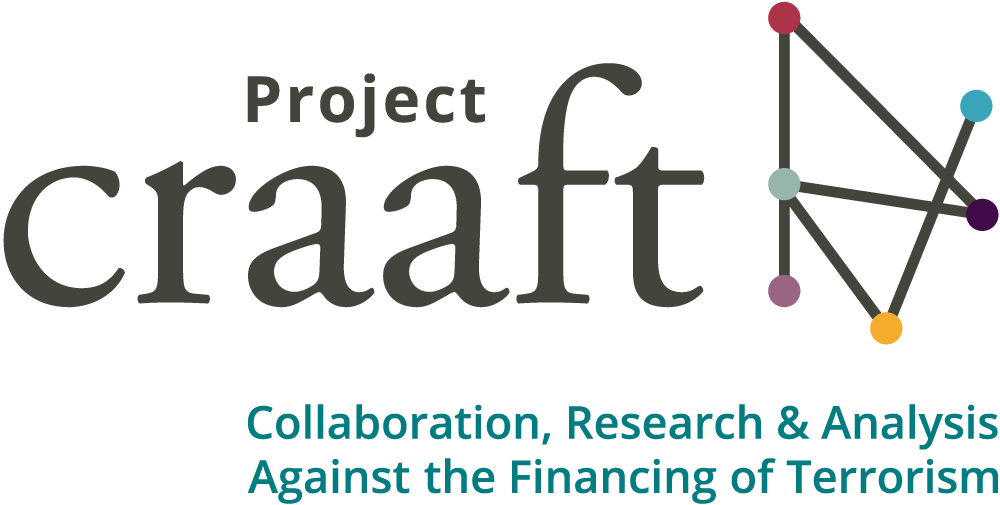RAFT22 Conference Summary
Reassessing the Financing of Terrorism in 2022 (RAFT22), the keystone conference of the CRAAFT project, successfully did as was promised. After an intensive day of discussion with the very best policymakers, practitioners and thinkers on countering terrorism financing, we have our verdict. Having slipped down the ranking of security priorities for the EU as the threat from Islamic State dwindled, concern for counterterrorism financing is now largely motivated by state’s passive pursuit of meeting the standards set by the Financial Action Task Force (FATF). Though compliance is a worthwhile endeavour, it is no substitute for the concerted effort required to ensure the safety of European societies and its people.
This was brought to the fore by Nidhi Chaphekar, a victim and survivor of the terrorist attacks of 22 March 2016 in Brussels, whose story of resilience challenged all participants to once again – as occurred at the outset of Islamic State’s reign in Iraq and Syria – get serious about countering terrorism financing. Other speakers, including a former Al-Qa’ida financier turned intelligence informant, helped to bring the problem to life, and demonstrated how significantly the terrorist financing threat has shifted in just over two decades. The abuse of charities for terrorism financing, to name but one example, appears to receive outsized attention nowadays, even as the terrorist threat facing Europe has fragmented and become dominated by “self-activating” terrorists who typically fund attacks themselves. Similarly, a panel focused on new technologies and terrorism financing served to (and not for the first time) debunk popular myths about the prevalence of virtual assets and other digital financial products in modern terrorism financing. According to these panellists, more ubiquitous and lower-grade technologies pose the greater risk. Discernment and restraint are required to assess emerging threats properly and to get them right.
There was no shortage of comment on what the future holds for counterterrorism financing. Those working on the operational dimension continue to struggle with adapting CTF tools to the modern threat, though there is cause for optimism where financial intelligence is expertly used to support law enforcement investigations. Nonetheless, there is appetite for solutions to problems of information exchange between the public and private sectors, with counterterrorism financing success being the optimisation of this important relationship. Further challenges for Europe at the nexus of finance and security widened the discussion beyond strictly terrorism financing, recognising that state-based aggression, radicalisation, and violent kleptocracies all have financial dynamics at play.
Having delved into the evolution of the CTF regime and the many challenges it faces, RAFT22 helped the CTF community to get to grips with the current threat landscape, and ideally to find a renewed sense of purpose and urgency in their work. This is needed. As one speaker put it, if the Syrian conflict was a full moon for terrorism financing, bubbling conflicts and insecurity the world over may signal a new crescent emerging.
